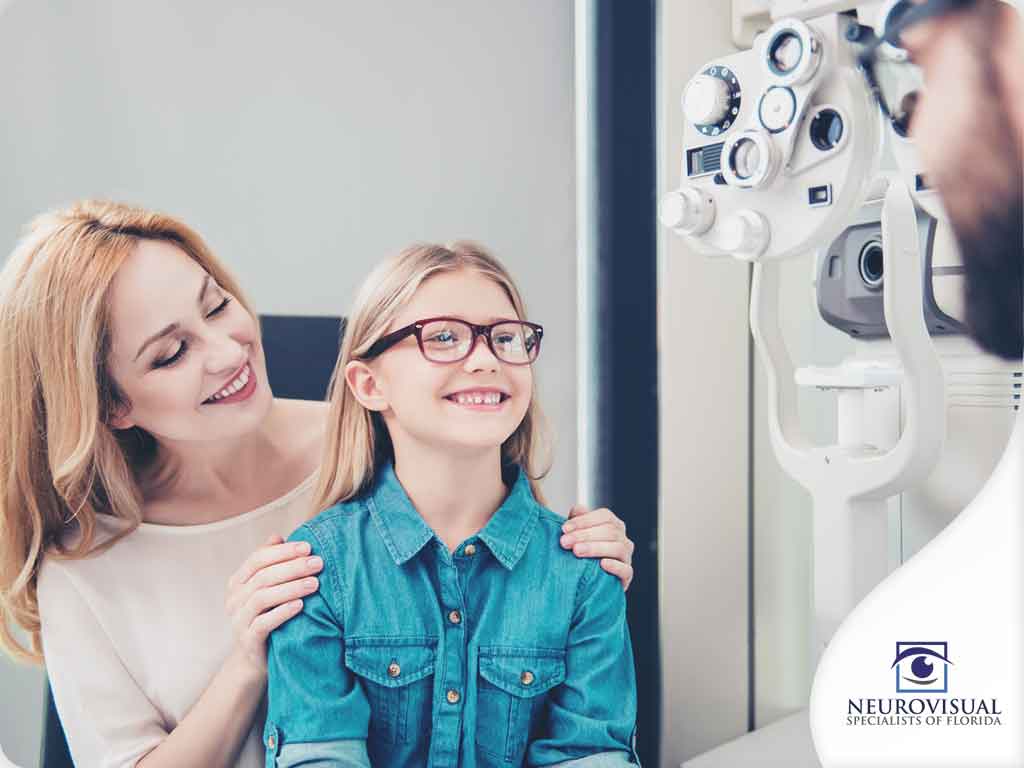When you were a kid, you may have been warned by your parents not to sit too close to the television because doing so can cause poor eyesight. You may have also been told that eating carrots will improve your vision. While your parents’ advice was well intended, it turns out these are both myths.

In this post, your local double vision treatment provider, I See Vision Care, debunks common eye care myths.
Myth 1: Sitting Near the TV Harms Your Vision
There is no evidence that sitting too close to the TV can hurt your eyes. However, if you notice your child sitting close to the TV or holding reading materials close up, this could be a sign that they have an undiagnosed vision problem they’re compensating for.
Myth 2: Computer Screens Are Bad for the Eyes
Like television screens, a computer monitor will not hurt the eyes. However, extended computer use can cause you to blink less, making your eyes dry. This, in turn, may lead to eye strain. It’s recommended to take breaks from using the computer to refresh the eyes.
Myth 3: Crossing Your Eyes Causes “Crossed Eyes”
Crossing your eyes won’t cause them to permanently stay that way. Contact your eye doctor if your child is constantly crossing one eye as it may be a sign of an eye condition. Binocular vision dysfunction is an eye condition in which the eyes fail to properly coordinate due to misalignment or when the superior oblique muscle is weak. Symptoms may include double vision, headaches and dizziness.
Myth 4: Eating Carrots Improves Vision
Carrots are rich in vitamin A, which promotes healthy eyes. However, eating carrots will not make your vision better than it already is.
Myth 5: Wearing Glass Will Make Your Vision Worse
While it’s common for refractive errors to gradually worsen as a person ages, this is not due to wearing glasses. Eyeglasses and contacts help correct vision problems; they do not contribute to them.
Eye strain and anxiety may be indications of BVD, which may cause difficulty with reading or poor balance. Visit I See Vision Care for BVD evaluation and treatment. Correcting your vision can improve your quality of life. Call us at (561) 733-9008 or fill out our online form to request an appointment.


